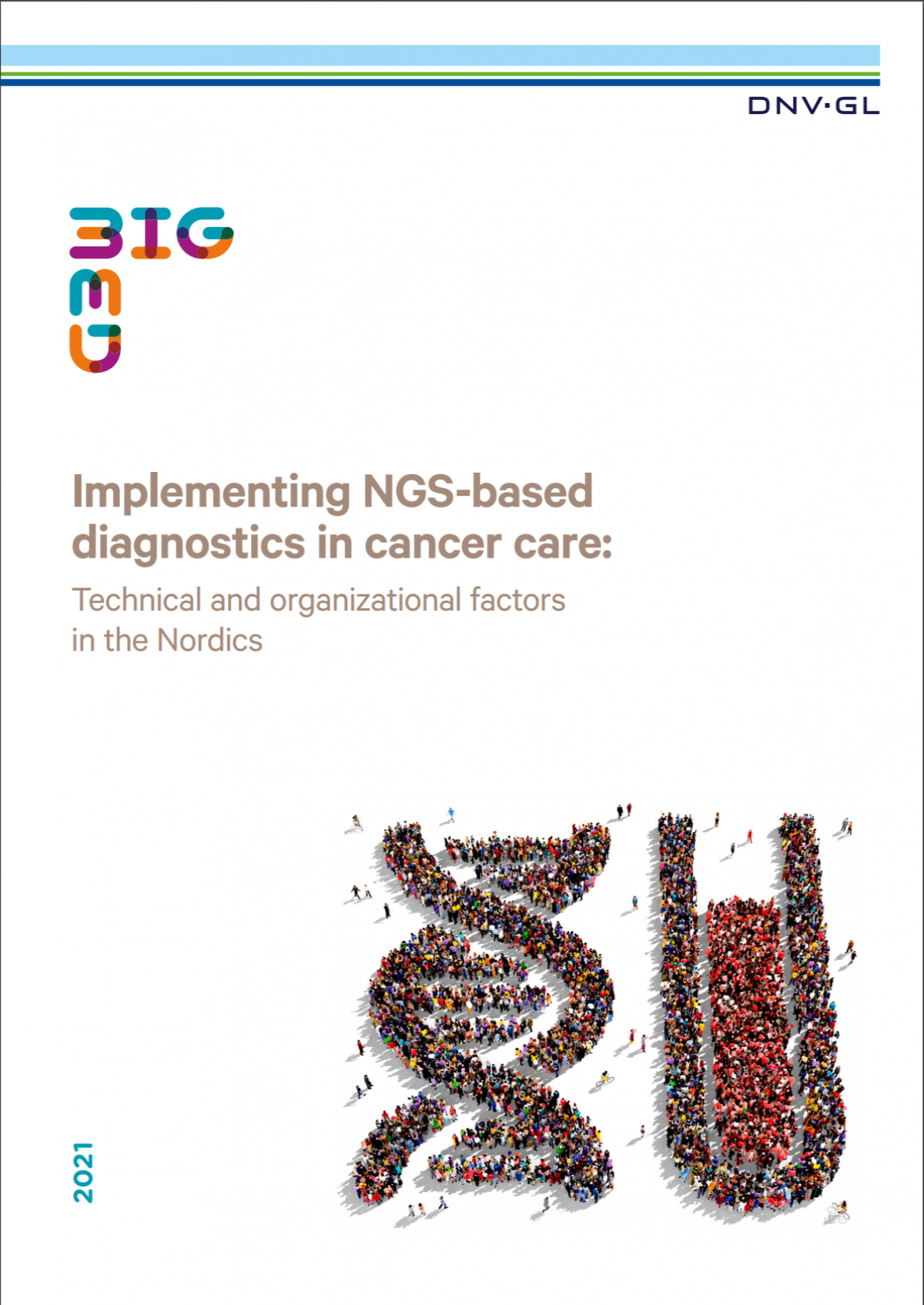With the advent of NGS technologies, targeted immunotherapies, and biomarker-based interventions, clinical oncology is one of the areas of medicine with the highest potential impact for precision medicine approaches. New therapies and diagnostics offer great opportunities, but also raise significant questions regarding which tests to offer, how to integrate these into existing organizations and regular clinical practice, and how to ensure access to cutting-edge therapies while maintaining diagnostic safety and quality measures.
As part of the BigMed project we aimed to map out the organizational structures, processes, and systems that support molecular diagnostics for cancer at various institutions across the Nordics. By interviewing enough stakeholders from different institutions, we have described common trends and generalized learnings. Our hope is that this work can give visibility to the shared challenges and paths forward that allow more effective molecular diagnostics and ultimately better cancer care.
Download the report here: Implementing NGS-based diagnostics in cancer care: Technical and organizational factors in the Nordics
At each institution, had at a 1-2 day series of interviews where we discuss processes, systems, organizations, and the patient/sample pathway. Based on this, our notes sere sent out with a drafted process map and some follow-up questions to check for correctness.
After gathering information from various stakeholders, key learnings were synthesized in a report - here.
A project like this is only possible if a broad range of participants are willing to take time out of their already-full schedules to share their knowledge and opinions. Our goal is to make sure these viewpoints are faithfully represented, and hopefully give some visibility to the common challenges and solutions that can contribute to more effective molecular diagnostics, and ultimately better cancer care.








